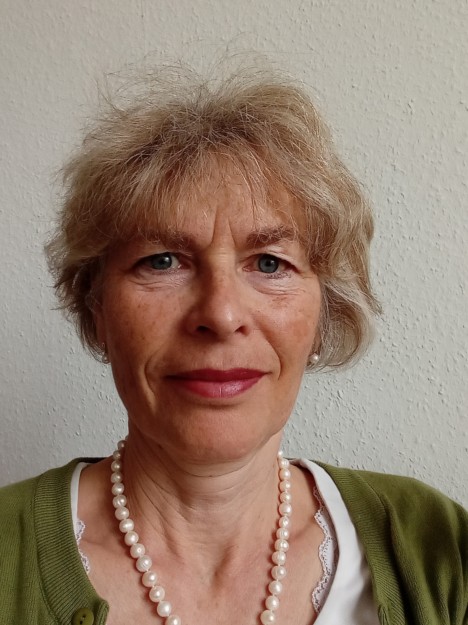
“Research Grant” for cell biologist Karin Busch
With an international team of researchers, Prof. Karin Busch, a cell biologist at the University of Münster, has been awarded a “Research Grant” 2024 (“Program” funding line) by the Human Frontier Science Program (HFSP). This is now the second time that she has been awarded one of the coveted HFSP research prizes – this time as project leader. The aim of the project – with funding worth an annual $400,000 (almost €370,000) for three years – is to understand the significance of energy supply to the nerve cells for the formation of long-term memory. Besides Karin Busch, Scottish biochemist Prof. Nicholas Tomkinson (University of Strathclyde, Glasgow) and US neurobiologist Prof. Elizabeth Jonas (Yale University, New Haven) are also involved in the project.
The question of how memory is formed has been only partially researched. What is known is that nerve cells in the brain are stimulated and certain connections between these nerve cells – the synapses – are strengthened. In order to get the energy necessary for these processes, certain cell components, the mitochondria, supply energy in the form of the molecule adenosine triphosphate (ATP) during so-called oxidative phosphorylation.
In this oxidative phosphorylation, reactions are coupled to generate proton and ion gradients across the inner mitochondrial membrane. In this way, an electrical voltage difference is generated – the membrane potential, which is used for ATP synthesis by an enzyme called ATP synthase. During memory formation, the efficiency of this process appears to increase. Karin Busch’s team hypothesises that during memory formation changes in membrane potential play a role not only at the plasma membranes of the cranial nerves but also within the mitochondria, leading to increased ATP production. In order to test this hypothesis, the team will examine in detail the physiological changes in mitochondria during the decisive phase of memory formation – the strengthening of synaptic connections – in neurons.
Before an HFSP grant is awarded, there is a multi-stage selection procedure. In 2024, 34 projects from 23 countries are receiving funding: nine in the “early Career” funding line and 25 in the “Program Grants” line. These Program Grants are awarded for particularly innovative projects which are devoted to research into complex mechanisms in living organisms. The researchers in the international teams have to contribute different types of expertise which complement one another, and their research has to be scientifically groundbreaking.

